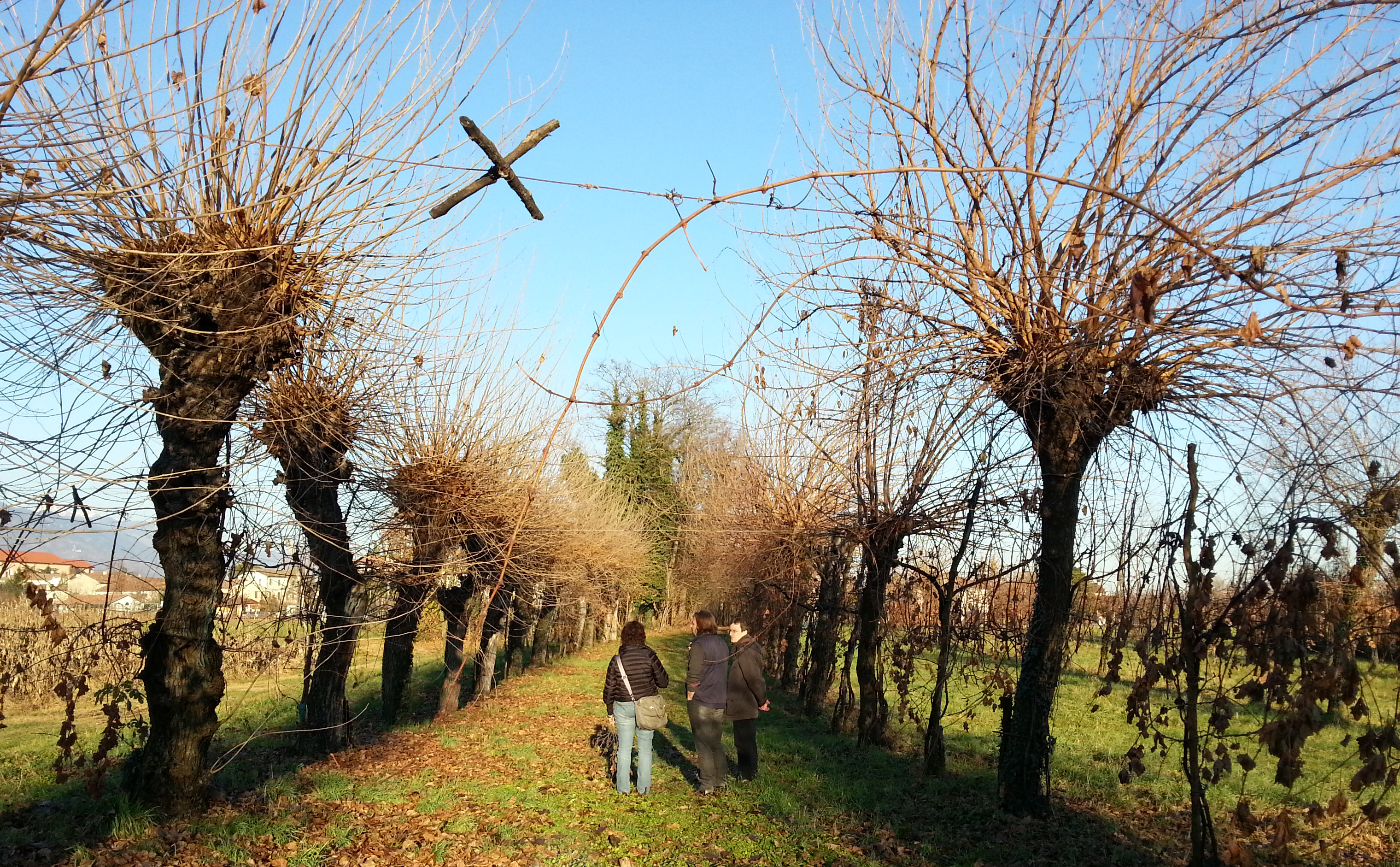
This course aims to examine the controversial relationship between landscape, viewed as “the result of the action and interaction of natural and/or human factors” (European Landscape Convention, 2000), and heritage, identified as “a group of resources inherited from the past” (Faro Convention, 2005) in a geographic perspective. After a general introduction to heritage studies and landscape studies and the current debate at their interface, the course will focus on agricultural landscape as a new frontier in these fields.
Several new initiatives around the world – namely, some recent UNESCO’s World Heritage Sites (WHS) and Intangible cultural heritage (ICH), FAO’s Globally Important Agricultural Heritage Systems (GIAHS), ICOMOS’s World Rural Landscape Initiative (WRL) – are increasingly recognising the importance of traditional agricultural landscapes for their agricultural, ecological and cultural diversity, their crucial role in sustainably provide multiple goods, services, food and livelihood security, and their being a storage of lessons to be learned for future innovation in agriculture while preserving local cultural heritage. What does it imply to consider agricultural landscape as heritage? How do we inherit traditional agricultural landscapes? Why are they important for the future? What factors are threatening them today? Are global and national initiatives successful in preserving them?
Firstly, agricultural landscape will be acknowledged as an object of study in a transdisciplinary perspective, in its synchronic and diachronic complexity, following the different trajectories that link agricultural landscape dynamics to various political, social and cultural context. A particular focus will be devoted to agricultural landscape in the Veneto region, to its historical geography, its heritage values, its current changes.
Secondly, global heritage designations like UNESCO, GIAHS, WRL will be examined in detail, as well as the Italian National Register of Historical Rural Landscapes, analysing their objectives, their strategies, and their limits.
One or two field trips will be scheduled to visit some agricultural heritages in the Veneto region.
Several new initiatives around the world – namely, some recent UNESCO’s World Heritage Sites (WHS) and Intangible cultural heritage (ICH), FAO’s Globally Important Agricultural Heritage Systems (GIAHS), ICOMOS’s World Rural Landscape Initiative (WRL) – are increasingly recognising the importance of traditional agricultural landscapes for their agricultural, ecological and cultural diversity, their crucial role in sustainably provide multiple goods, services, food and livelihood security, and their being a storage of lessons to be learned for future innovation in agriculture while preserving local cultural heritage. What does it imply to consider agricultural landscape as heritage? How do we inherit traditional agricultural landscapes? Why are they important for the future? What factors are threatening them today? Are global and national initiatives successful in preserving them?
Firstly, agricultural landscape will be acknowledged as an object of study in a transdisciplinary perspective, in its synchronic and diachronic complexity, following the different trajectories that link agricultural landscape dynamics to various political, social and cultural context. A particular focus will be devoted to agricultural landscape in the Veneto region, to its historical geography, its heritage values, its current changes.
Secondly, global heritage designations like UNESCO, GIAHS, WRL will be examined in detail, as well as the Italian National Register of Historical Rural Landscapes, analysing their objectives, their strategies, and their limits.
One or two field trips will be scheduled to visit some agricultural heritages in the Veneto region.
- Teacher: Cristina Di Gioia
- Teacher: Viviana Ferrario
- Teacher: Francesca Zennaro